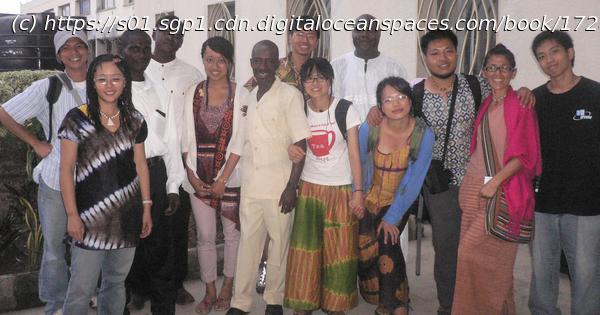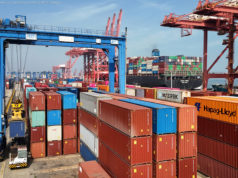Beijing’s political and economic changes have driven massive human movement both inside and outside the country.
Over the past two decades, there have been many debates about China’s growing engagement in Africa. In these discussions, the more than 10 lakh Chinese expatriates, business people and labourers who come and work in Africa are often seen only as a byproduct of an overall “outbound” China. And they are often studied as isolated sub-groups: expatriates of Chinese state-owned enterprises, traders, construction workers and so forth. As a result, there is no holistic understanding of the mechanisms underpinning emigration from China to Africa. What motivates these new migrants to come to Africa? Who is more inclined to make the move? How have the ongoing market and social changes within China influenced them? These were questions I explored in my ethnographic survey of Chinese migrants, based on fieldwork in Ghana between 2016 and 2019. There is currently no fixed data on the number of Chinese in Ghana although some estimates place it at about 30,000. They are involved predominantly in trade, infrastructure and mining. China’s drastic political and economic changes in recent decades, coupled with its changing positioning in the global economy, have created a distinct social infrastructure for emigration. I found that opportunities for social mobility, rather than simply economic incentives, generated emigration flows to countries like Ghana. This insight is useful for sociologists and policymakers to understand migration drivers, diaspora-homeland relations and contemporary migration in the Global South. Political and economic changes in post-Communist China have driven massive human movement both inside and outside the country. Since the late 1970s, institutional reforms and market evolution in China have created a new “ mobility regime ”. Population movements have been deregulated and even encouraged in some regions for development needs. China’s rapid integration into the global economy also opened the door for outward migration. In particular, since the 2000s, Chinese emigration to non-traditional destinations in Africa, Eastern Europe, Latin America, the Caribbean, and other parts of the global south has grown significantly.






